F1: Alpine Confirms Switch to Mercedes Power Units for 2026 Season
Alpine will inherit the supply chain previously used by Aston Martin for Mercedes Power Units, which is transitioning to Honda power units in 2026.

Alpine F1 Team has officially confirmed its switch to Mercedes power units for the 2026 season. The French team will transition to Mercedes power units and gearboxes, marking a significant shift in its power unit strategy. This decision follows Renault’s earlier announcement to cease its engine program at Viry-Châtillon. Alpine’s move to Mercedes is seen as a proactive step to ensure competitiveness in the new era of Formula 1, characterised by advanced hybrid power units. By aligning with Mercedes, Alpine aims to leverage the German manufacturer’s proven technology to enhance its performance on the track. The integration of Mercedes power units and gearboxes into Alpine’s 2026 chassis.
In a brief statement, Alpine said: 'BWT Alpine Formula One Team, Mercedes-AMG High Performance Powertrains, and Mercedes-Benz Grand Prix have entered into Power Unit and Gearbox Agreements from the start of the 2026 FIA Formula One World Championship.
Also Read: F1: Honda and Alpine Penalised by FIA Over Engine Cost Cap Breach
'The multi-year agreement will see Mercedes-Benz supply BWT Alpine Formula One Team with Power Units for the duration of the new regulation era, from 2026 until at least 2030. Alongside the Power Unit, BWT Alpine Formula One Team will also be supplied with Mercedes gearboxes from the 2026 season.
'The team remains focused on performing in the strongest way possible in the 2024 and 2025 seasons.'
Alpine will take over the supply chain previously used by Aston Martin, which is switching to Honda power units for the 2026 Formula 1 season. McLaren and Williams will continue their partnerships with Mercedes, ensuring that the Brixworth-based manufacturer will supply power units to four teams in 2026, including its own works team.
F1: Renault Engine
Historically, Renault has been a key figure in Formula 1. The decision to switch to Mercedes power marks the conclusion of nearly five decades of innovation and competition in the sport by the French manufacturer.
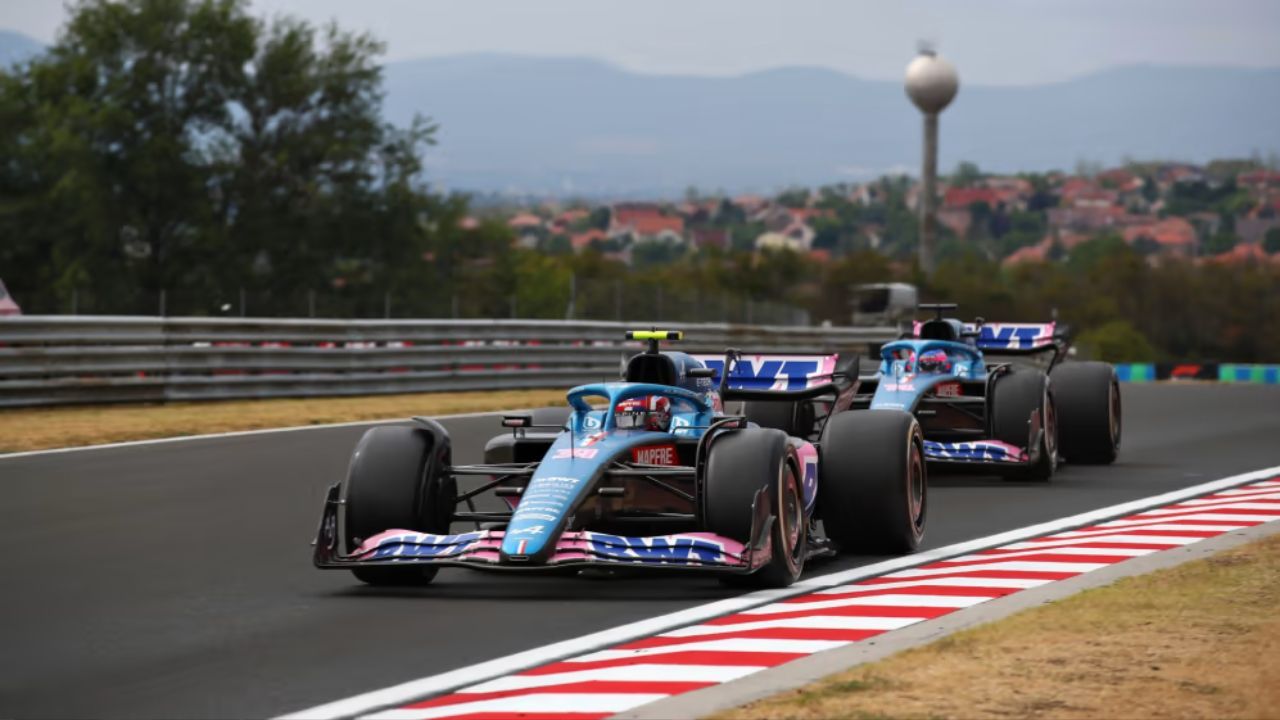
Renault’s journey in F1 began in 1977 when it introduced turbocharged engines, revolutionising the sport. Over the years, Renault has consistently supplied power units to various teams, including its own factory team.
A highlight of Renault’s F1 history was the back-to-back Drivers’ and Constructors’ Championships secured by Fernando Alonso in 2005 and 2006. However, the hybrid era, which began in 2014, presented challenges for Renault.
Despite notable achievements like Alpine’s Hungarian Grand Prix victory in 2021 and strong finishes in the Constructors’ Championship in 2020 and 2022, the team’s overall performance has declined in recent years.

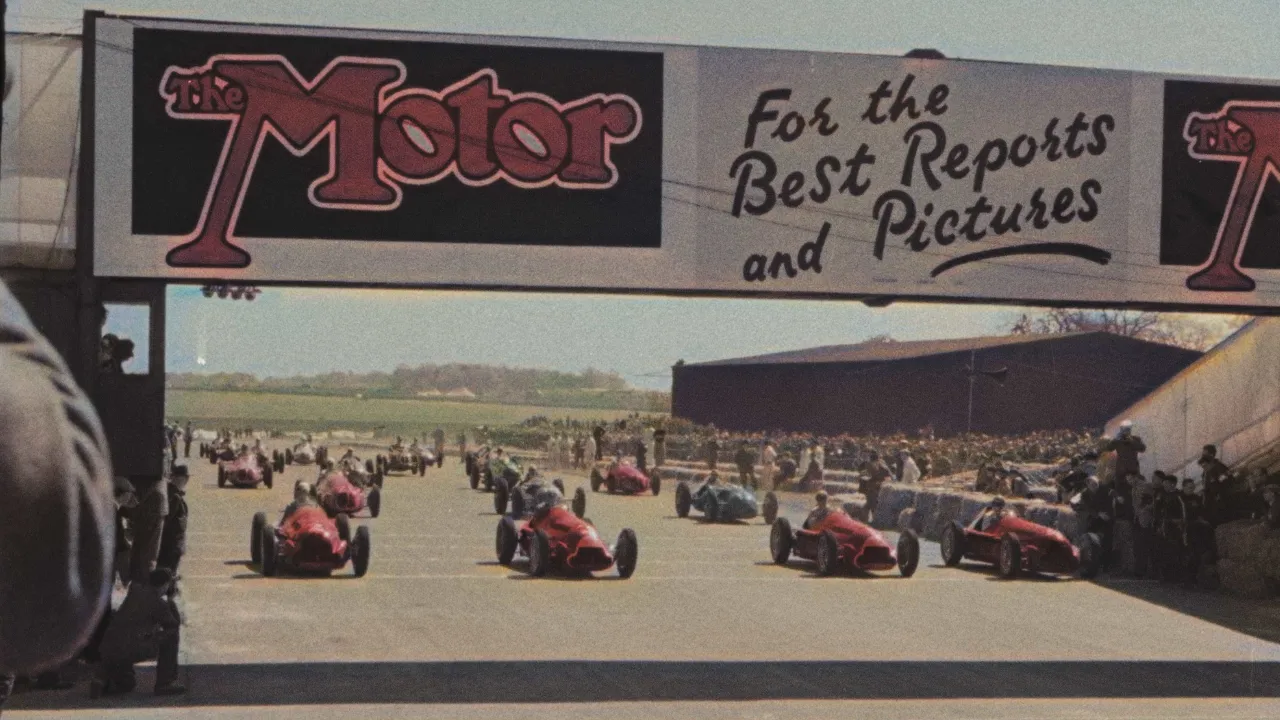
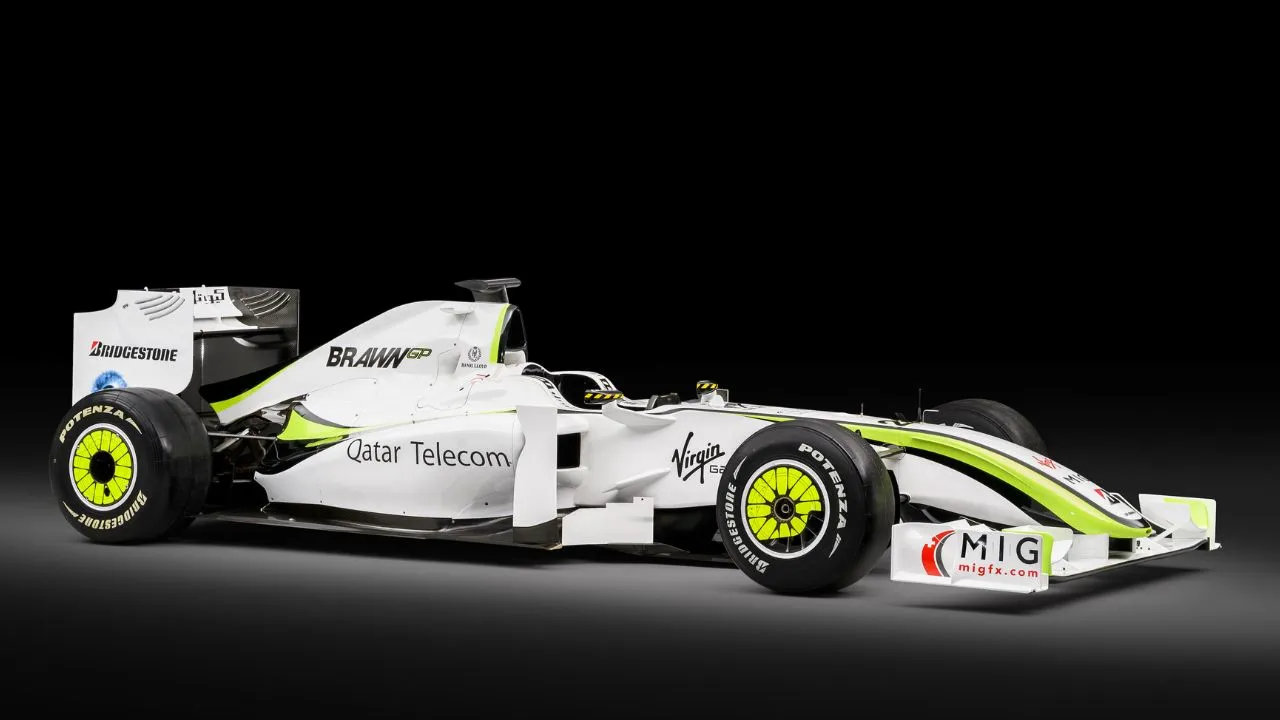

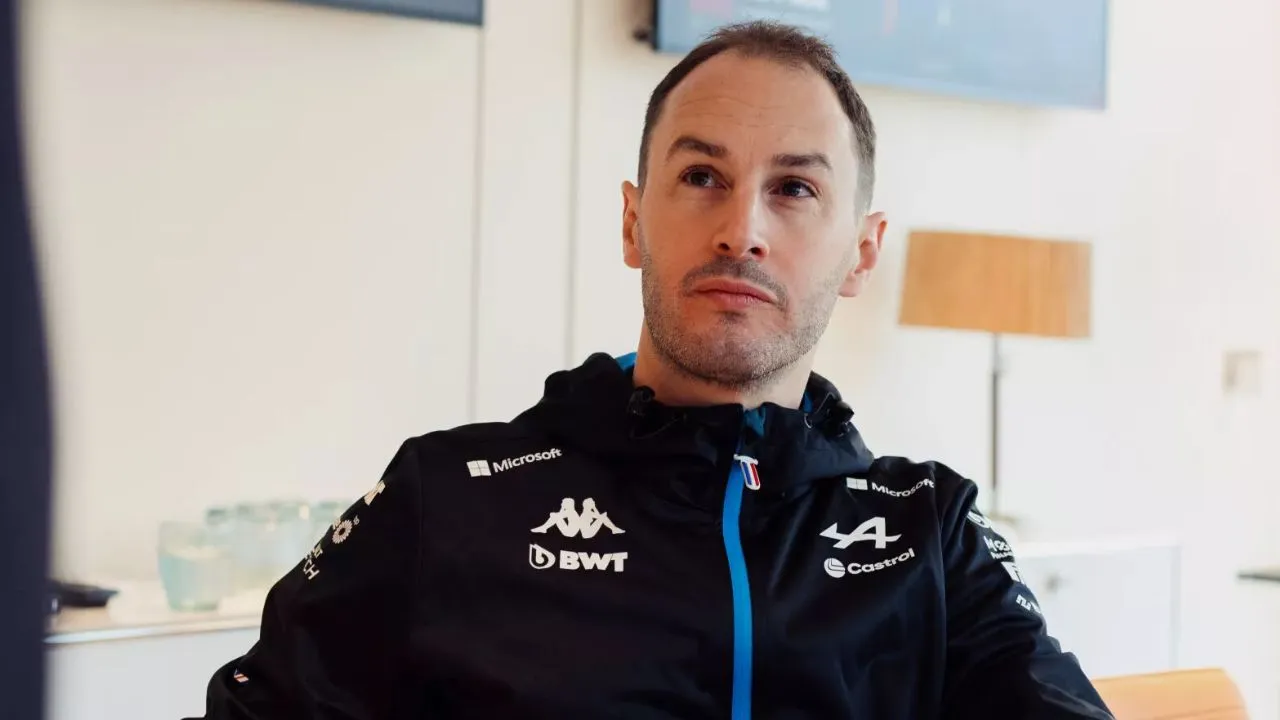
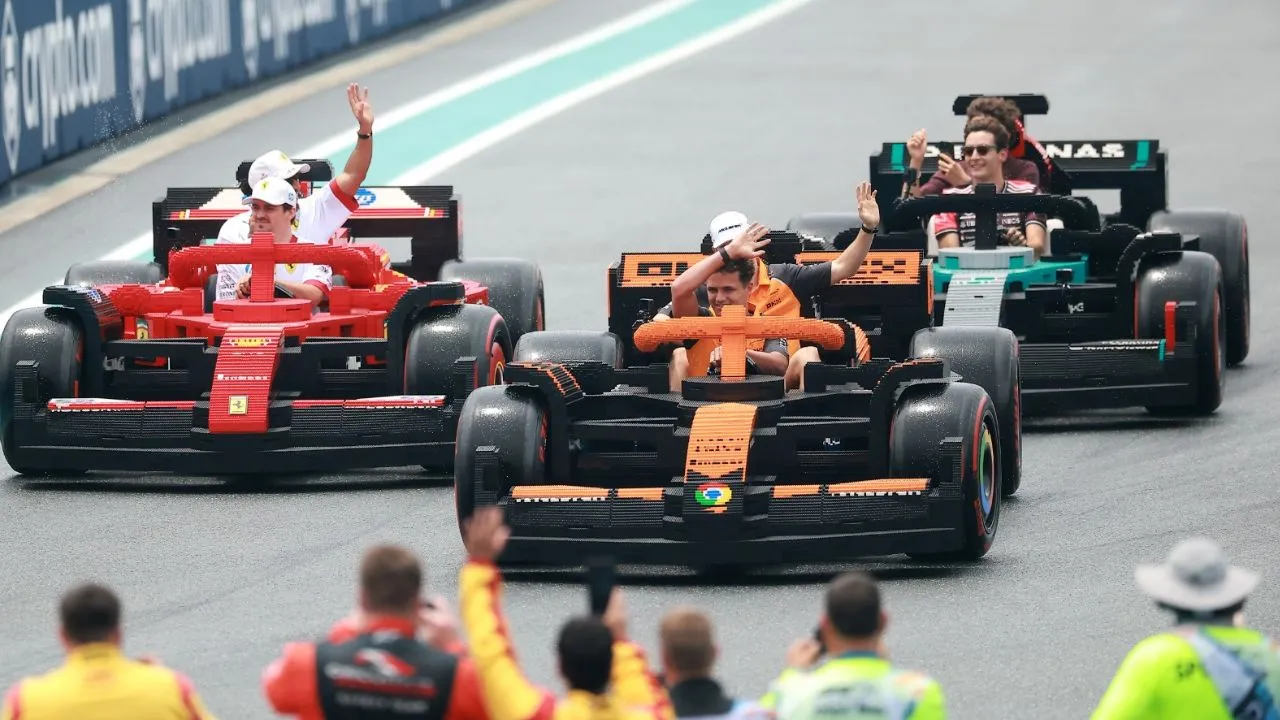
.webp)
